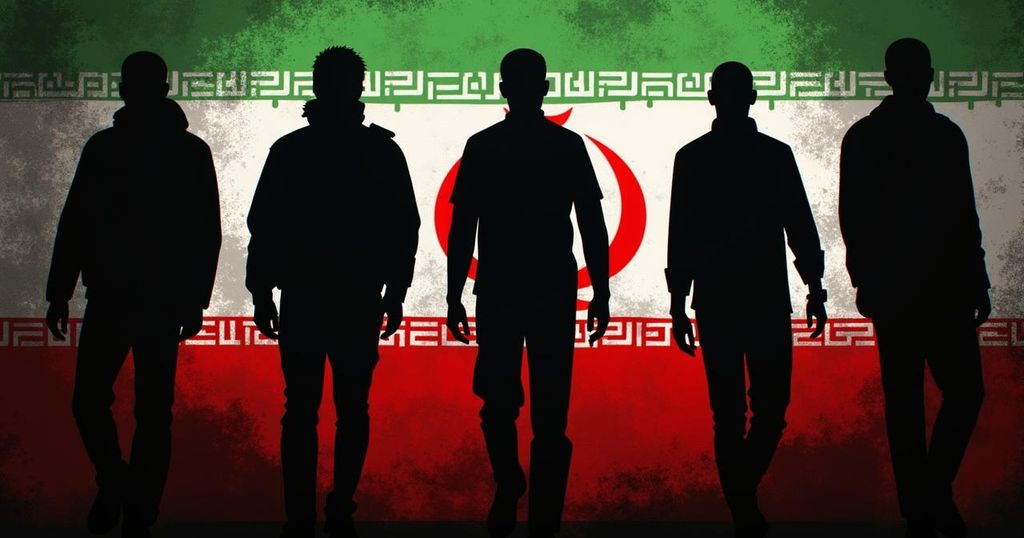Trial of Former British Soldier Accused of Espionage for Iran
The trial of Daniel Khalife, a former British soldier accused of spying for Iran, reveals allegations of his theft of military secrets and communication with Iranian agents. Evidence presented includes discussions of intended espionage activities and personal information about UK military personnel. Khalife denies the charges but faces serious accusations under the Official Secrets Act.
Daniel Khalife, a former soldier of the British Armed Forces, has been accused of engaging in espionage activities on behalf of Iranian intelligence. During his trial, evidence was presented indicating that Khalife had stolen classified military secrets and traveled to Turkey to deliver a package intended for Iranian agents. The court revealed that Khalife allegedly communicated with his Iranian handlers through encrypted messages, discussing his plans to travel to Tehran while masquerading as a tourist in Istanbul. He reportedly expressed his willingness to serve as a mole within the British military for over twenty-five years. The prosecution outlined Khalife’s alleged theft of sensitive military materials, including cryptographic information, images of communications equipment utilized by special forces, and personal details about UK military personnel. Khalife’s handwritten notes were displayed in court, containing a list of British special forces members which he compiled upon request from his Iranian contacts. Prosecutor Mark Heywood KC stated, “He was eliciting information of a kind which would be useful, for example, to someone hostile to the United Kingdom, for example a terrorist.” Further, it was alleged that Khalife maintained contact with Iranian intelligence while stationed at Fort Hood in Texas. Evidence was presented suggesting that he was involved in financial transactions with Iranian handlers, including a significant payment of £1,500 given to him in a concealed manner in a park in London. Following the receipt of this payment, Khalife initiated plans to acquire a new passport and arrange travel to Turkey, indicating a premeditated intent to meet with Iranian operatives under the guise of a vacation. Khalife faces multiple charges under the Official Secrets Act, including accusations of gathering and communicating intelligence beneficial to an adversary, along with attempts to extract sensitive personal information from a military database. While he denies all allegations, the trial continues to unfold with significant implications for national security.
The article centers on the trial of Daniel Khalife, who is accused of espionage for Iran while serving in the British Army. It highlights the intricate and serious nature of espionage cases, especially those that may involve military personnel with access to sensitive information. This case illustrates the methods used by foreign intelligence agencies to recruit individuals within the military and the potential vulnerabilities present in national defense structures. Khalife’s case also sheds light on the methods used for covert communication and the significant ramifications of military information falling into the hands of hostile entities.
In conclusion, Daniel Khalife’s trial reveals a troubling case of alleged espionage and the severe risks posed by individuals with access to sensitive military intelligence. The evidence suggests a calculated engagement with Iranian intelligence, highlighting vulnerabilities in military security and espionage operations. As the trial continues, it underscores the importance of safeguarding national secrets against foreign threats and the vigilance required in monitoring military personnel.
Original Source: www.theguardian.com




Post Comment